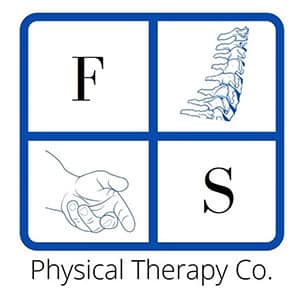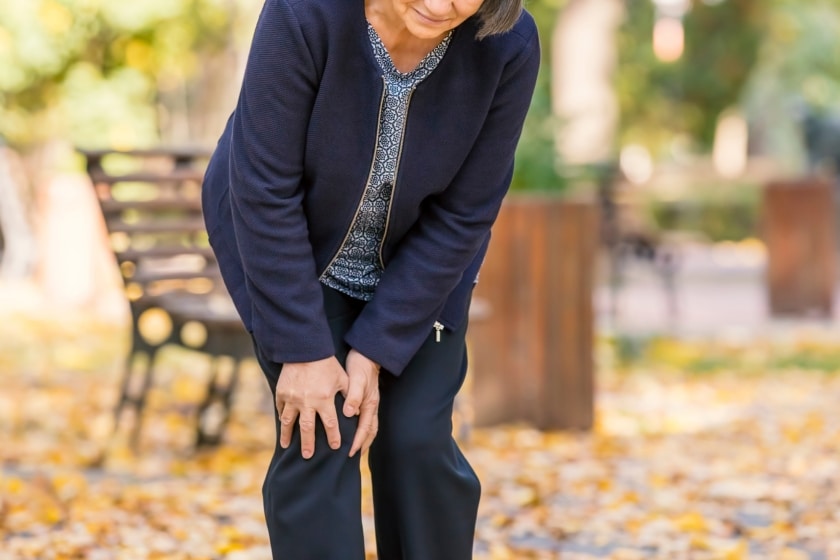Introduction
Have you ever felt unsteady on your feet and wondered why your balance just isn’t what it used to be? If you’re dealing with ongoing knee pain, that could be the missing link. Our knees play a pivotal role in our ability to walk, stand, and shift direction smoothly. When pain enters the equation, it not only slows us down but can also throw off our sense of stability entirely. Balance issues aren’t just frustrating—they’re dangerous. A small misstep can turn into a major fall. That’s why understanding the connection between knee pain and balance is so critical, especially if you want to stay active, mobile, and independent.
The Role of the Knee in Balance and Movement
Knee pain doesn’t always come from one obvious injury. It often builds over time, especially with overuse or The knee is one of the most complex and heavily used joints in the body. Every time you take a step, your knees help absorb the shock and adjust to uneven surfaces, allowing for smooth and safe movement. They serve as the hinge between your upper and lower leg, working with muscles, tendons, and ligaments to support your body weight and maintain alignment.
But when the knee is in pain, everything changes. You may start to favor one leg over the other, alter your walking pattern, or even avoid movement altogether. These compensations disrupt your normal gait and posture. The small muscles that support balance, like those in your hips and ankles, don’t get activated properly. Over time, this can lead to even more joint stress, reduced coordination, and a higher risk of falls.
Common Causes of Knee Pain That Affect Balance
There are several reasons why someone might experience knee pain, and many of them directly influence balance:
- Osteoarthritis: This common condition causes the cartilage in your knee to break down, leading to pain, stiffness, and inflammation. It’s harder to bend and straighten your knee, making it tough to react quickly to changes in terrain.
- Ligament Injuries: ACL or MCL tears weaken the structural support of the knee, making it more likely to buckle or give out.
- Meniscus Tears: A torn meniscus reduces the cushioning between your thigh and shin bones. You might feel like your knee is “catching” or locking, which can cause you to lose balance suddenly.
- Patellar Tracking Issues: When the kneecap doesn’t move smoothly in its groove, every step can feel unstable.
When your body senses pain in the knee, it naturally tries to protect the area. That usually means shifting your weight to the other leg or tightening surrounding muscles. Over time, these strategies lead to misalignment and compensation patterns that throw off your center of gravity.
The Connection Between Knee Pain and Falls
Falls are one of the most serious consequences of balance issues, especially in older adults. Many people think of falls as accidents caused by slippery floors or uneven sidewalks, but internal factors like joint pain and instability are often to blame. Knee pain can:
- Reduce confidence in your ability to move, making you hesitant and unsteady.
- Slow your reaction time, so you can’t catch yourself when you trip.
- Affect muscle strength, especially in the quads and glutes, which are key to standing upright.
Fear of falling can also make you less likely to move around. This lack of activity leads to even weaker muscles and stiffer joints, creating a cycle of worsening balance and increased fall risk.
But here’s the good news: falls due to knee pain are not inevitable. With the right strategies and support, you can regain your footing—literally.
Solutions and Strategies to Improve Knee Health and Balance
The path to better balance often starts with addressing the root of the pain. Physical therapy is one of the most effective and natural ways to treat knee pain while also strengthening the muscles that support balance.
- Strengthening Exercises: A customized program can target the quadriceps, hamstrings, calves, and glutes—the major muscle groups that support your knees and posture. Strong muscles help take pressure off the joints and provide better control when moving.
- Balance Training: Simple exercises like standing on one leg, using a balance pad, or walking heel-to-toe can retrain your brain and body to work together more effectively.
- Stretching and Mobility Work: Tight muscles can pull your joints out of alignment. Gentle stretches for the calves, hamstrings, and hip flexors can improve your posture and reduce tension around the knee.
- Activity Modification: If you love walking or hiking but find it difficult due to knee discomfort, a physical therapist can help you make changes to your routine. That could include using supportive footwear, adding trekking poles for stability, or breaking long walks into shorter sessions.
- Early Intervention: One of the biggest mistakes people make is waiting too long to get help. The sooner you identify the cause of your knee pain, the easier it is to treat it before it affects other parts of your body.
At Fray & Stafford Physical Therapy, we help people every day who thought they just had to “live with it.” Whether your balance issues are recent or have been going on for years, there are solutions that don’t involve surgery or medication.
Conclusion
Knee pain and balance problems can turn everyday tasks into obstacles. But it doesn’t have to be this way. By understanding the connection between your joints and your stability, you’re taking the first step toward lasting improvement.
Whether you want to walk without fear, enjoy your favorite hobbies again, or simply feel more secure getting around your home, help is available.
Book Your FREE Discovery Visit Today
We offer FREE Discovery Visits to help you understand what’s causing your discomfort and how to move forward. You’ll meet with a licensed physical therapist, talk about your symptoms, and get a clear path to better balance and knee health.
Don’t let knee pain throw you off balance—take control and feel confident on your feet again.
📞 Call 321-567-3081
🌐 Or book your free session at: fsptc.com/free-discovery-visit
Want more free advice?
Lower Back Pain Titusville, Florida – Fray & Stafford Physical Therapy Co.


